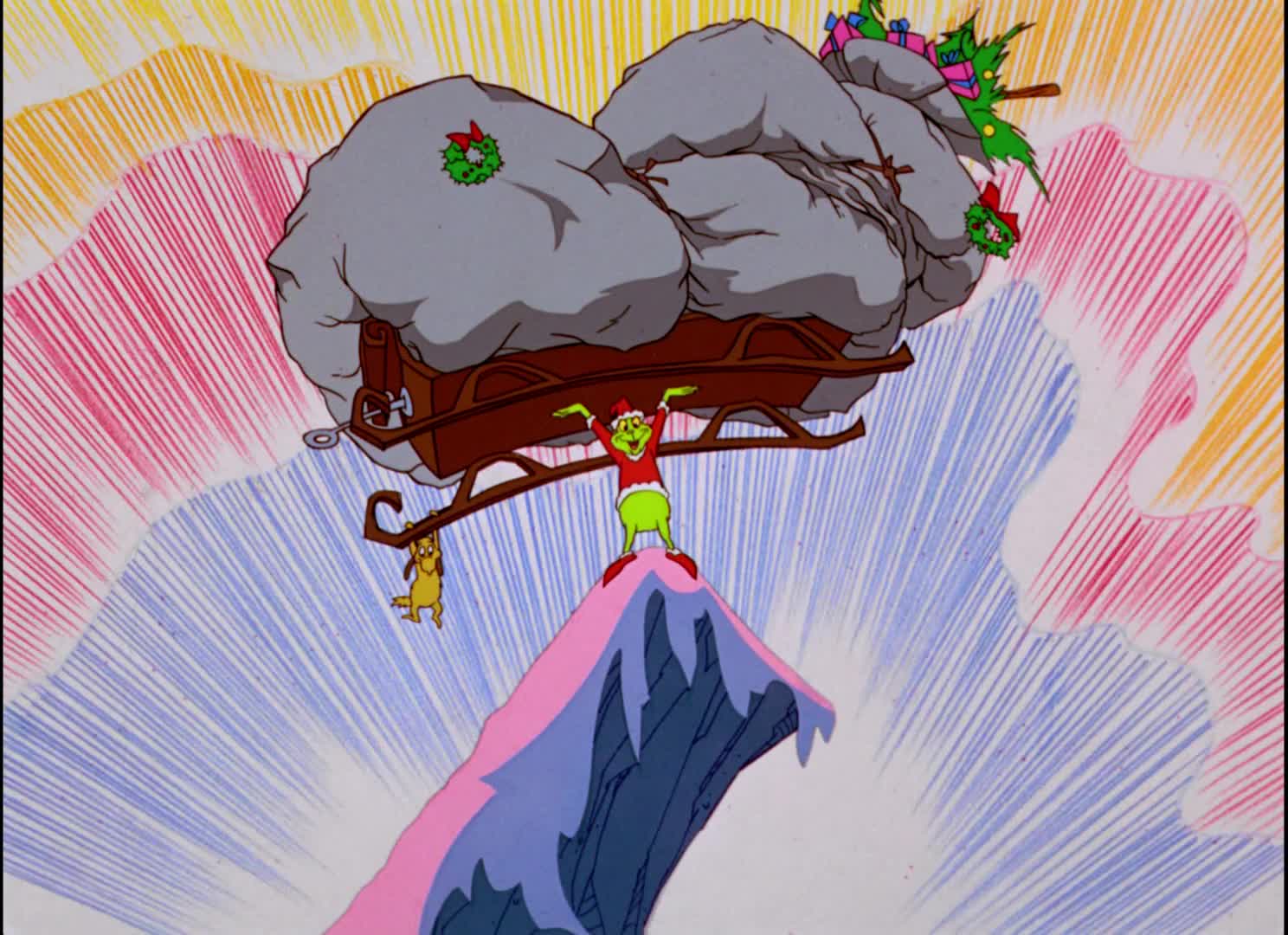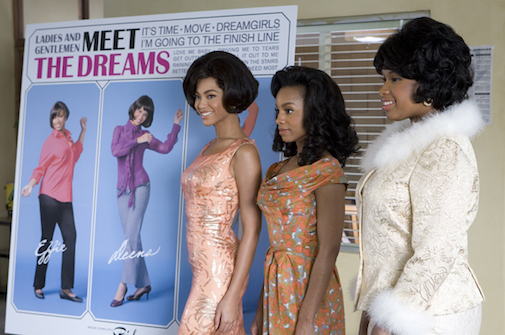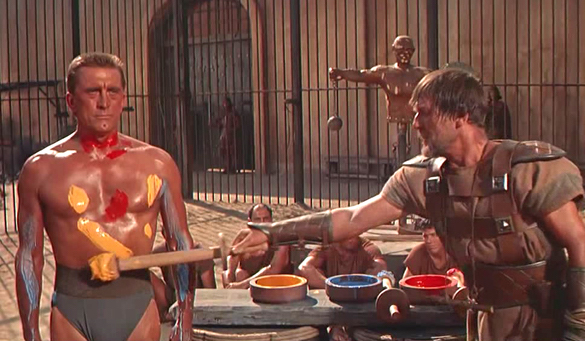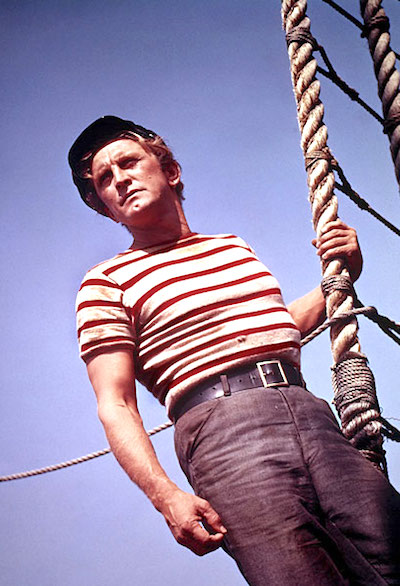Christmas Classics: How the Grinch Stole Christmas! (1966)
 Sunday, December 18, 2016 at 12:15PM
Sunday, December 18, 2016 at 12:15PM A few members of Team Experience will be sharing posts on their favorite Christmas movies. Here's Tim...
 Today we celebrate the 50th anniversary of a great classic: it was on December 18, 1966, that the world got its first look at the animated How the Grinch Stole Christmas, adapted from the 1957 book by Dr. Seuss and directed by cartoon legend Chuck Jones. There are too many ways we could quantity the importance of this television special: as the last of Jones's masterpieces before he settled into Elder Statesman status, as the progenitor of a line of generally strong Seuss adaptations that didn't stop until the beginning of the 1980s, as the third in a line of deathless cartoon Christmas specials that premiered one per year from 1964 to 1966 (Rudolph the Red-Nose Reindeer and A Charlie Brown Christmas are the others).
Today we celebrate the 50th anniversary of a great classic: it was on December 18, 1966, that the world got its first look at the animated How the Grinch Stole Christmas, adapted from the 1957 book by Dr. Seuss and directed by cartoon legend Chuck Jones. There are too many ways we could quantity the importance of this television special: as the last of Jones's masterpieces before he settled into Elder Statesman status, as the progenitor of a line of generally strong Seuss adaptations that didn't stop until the beginning of the 1980s, as the third in a line of deathless cartoon Christmas specials that premiered one per year from 1964 to 1966 (Rudolph the Red-Nose Reindeer and A Charlie Brown Christmas are the others).
But since it's the holiday season, let's start with how this is one of the loveliest and most heartfelt stories of the True Meaning of Christmas ever filmed. That is, in no small part, because neither Seuss nor Jones were overt sentimentalists: the author had a slightly arch, caustic tone to his highly precise rhyming that's too self-aware to be saccharine, and Jones built his career on anarchic cartoon comedies, making no fewer than three films on the theme "how many ways can we shoot Daffy in the face?" And with that kind of attitude underpinning the proceedings, How the Grinch Stole Christmas ends up being a little bit saltier than most of the other canonical Christmas classics. Obviously, it gets to the expected place where we all learn important lessons and feel better and embrace tradition, but it works a little bit harder than usual to make sure that it's earned.







